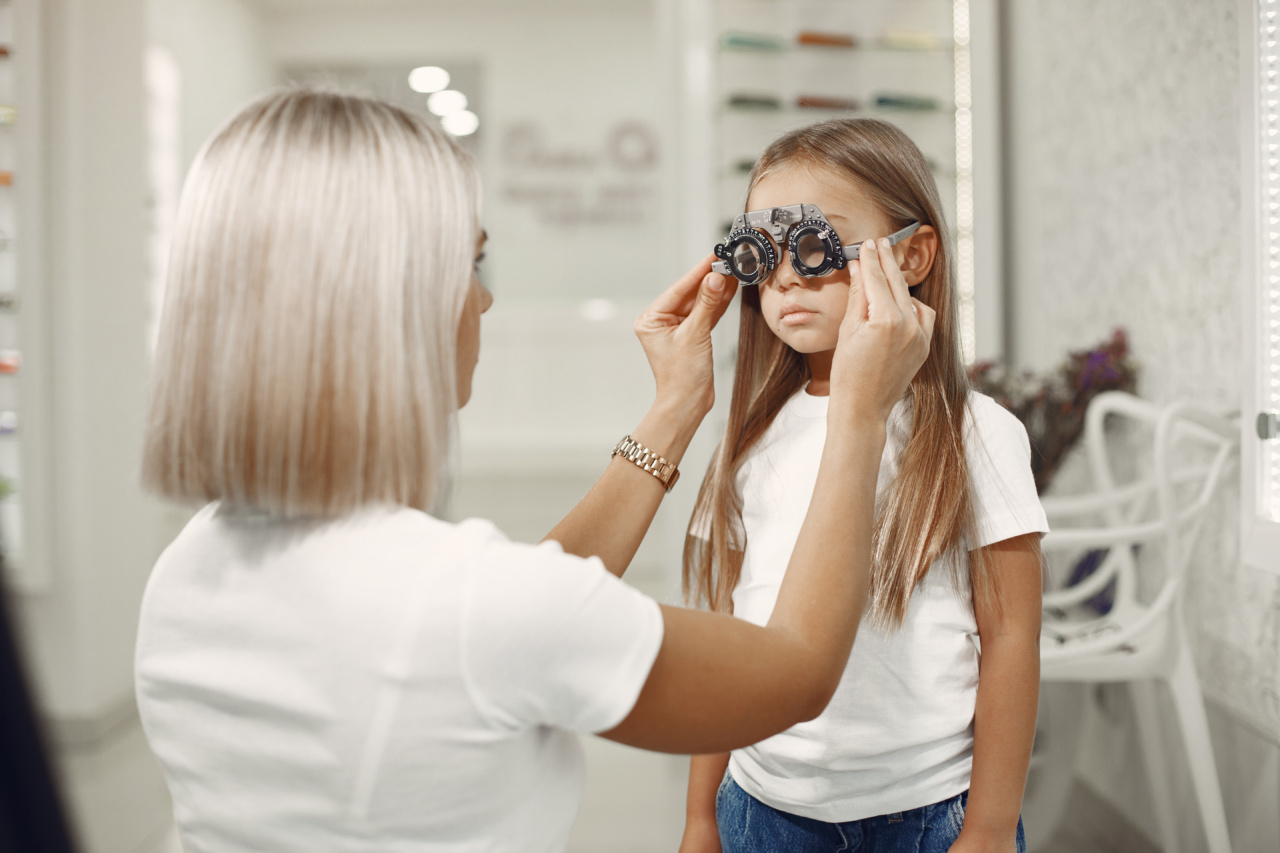Vision is one of the most vital senses that humans possess. 80% of what we perceive and learn comes through our eyes, which makes it necessary to maintain the health of our eyes throughout our lives.
However, as we age, our eyes become susceptible to a variety of conditions. In this article, we will explore the key to lifelong eye health, including tips and strategies to maintain good vision.
Top Tips: Caring for Your Eyesight
When it comes to keeping your eyes healthy, there are steps you can take to protect your eyesight. Below are some helpful tips to promote good eye health:.
Eat a Healthy Diet
Your eyes need healthy nutrients to function correctly. Eat a diet rich in fruits and vegetables, particularly spinach, kale, and other dark-green veggies, which are packed with lutein and zeaxanthin.
These substances help prevent cataracts and macular degeneration.
Wear Sunglasses
Sunglasses are not only a stylish accessory but also a necessity for optimal eye health. Sun damage can cause cataracts, macular degeneration, and corneal sunburns.
Invest in a pair of sunglasses with 100% UV protection to protect your eyes from harmful rays.
Quit Smoking
Smoking is detrimental to your health in various ways, including your eyesight. Smokers are more likely to develop macular degeneration, cataracts, and other eye conditions. Quitting smoking can help preserve your eyesight in the long run.
Get Regular Eye Exams
Regular eye exams are crucial for maintaining good vision. Eye exams can detect eye problems before they become severe.
During an eye exam, an eye doctor can detect early signs of macular degeneration, glaucoma, cataracts, and other conditions that may lead to vision loss.
Rest Your Eyes
Staring at technologically advanced screens for extended periods has been linked to digital eye strain – eye discomfort and fatigue experienced over prolonged periods of screen use.
Digital eye strain symptoms include dry eyes, headaches, blurred vision, and neck and shoulder pain. It’s vital to take frequent screen breaks, follow the 20-20-20 rule by looking away from the screen every 20 minutes, and rest your eyes every hour by closing your eyes briefly.
Exercise Frequently
Regular exercise not only helps keep your heart and body healthy, but it also benefits your eyesight. Physical exercise increases blood flow to the optic nerve, reducing the risk of optic nerve damage.
Exercise can also help prevent diabetes, which is a leading cause of vision loss.
Keep Your Eyes Clean and Hygienic
Good hygiene practices aren’t just for your physical appearance. Keeping your eyes clean is essential, and negligence can lead to various eye infections. Wash your hands before touching your eyes or contact lenses.
Clean your contacts daily and replace them according to the instructions and protect your eyes when carrying out potentially hazardous activities such as DIY, cooking or gardening.
Sleep Well
It’s no secret that a good night’s sleep is crucial for your overall health. It is also essential for visual health. Lack of sleep can lead to eye spasms, dry eyes, blurry vision, and ultimately deteriorate your vision.
A night’s sleep is essential for repairing and rejuvenating your eyes.
Stay Hydrated
Dehydration is bad news for your body and eyesight. It dries out your eyes, leading to discomfort and can accelerate the development of eye conditions such as cataracts and glaucoma. Make sure to drink enough water to stay hydrated.
Drinking a few glasses of water per day can make all the difference.
Manage Chronic Conditions
Chronic conditions such as diabetes, hypertension, and high cholesterol can affect the health of your blood vessels, leading to vision problems.
Manage these conditions with prescribed medications, healthy lifestyles, and frequent visits to your doctor to prevent any complications that may arise.
Conclusion
Lifelong vision health is essential, and the good news is that it’s within reach. By taking the necessary steps to care for your eyesight, you can prevent vision loss and maintain optimal visual health.
Incorporate the tips and strategies discussed in this article into your daily routine to preserve your visual acuity and avoid eye problems as you age.





























